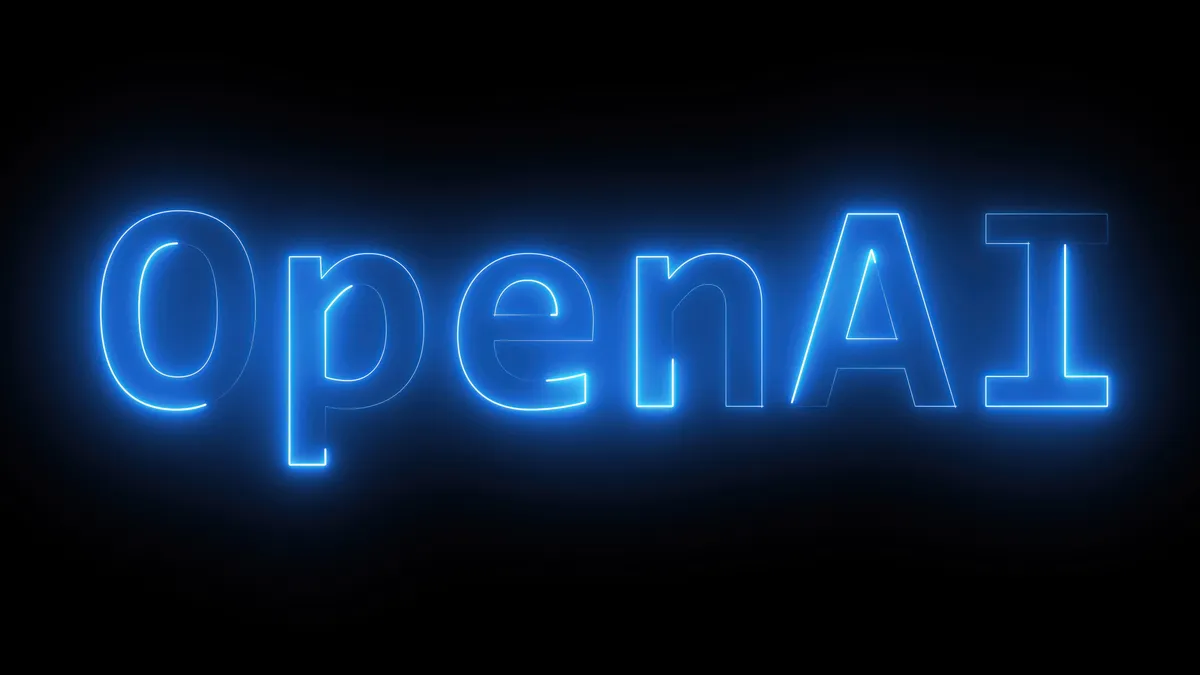Ashley Pantuliano joined OpenAI as associate general counsel in November 2022, and she is among the lawyers both inside the company and across the globe utilizing its ChatGPT chatbot to assist with legal work.
Pantuliano said if she is beginning a writing project, she will sometimes ask ChatGPT to produce a response on the subject at hand. She can then use the output from the technology utilizing large language models (LLMs) as a possible starting point for her work.
Additionally, Pantuliano will sometimes take paragraphs she has already written and ask ChatGPT to shorten them or make the text easier to read.
For example, she said using the prompt, “Make this readable so a 12-year-old can understand,” or something similar, can result in the chatbot simplifying the language that is inputted.
Pantuliano spoke during a webinar hosted by Lawtrades, the flexible legal talent platform serving law departments.
Ashish Walia, a Lawtrades co-founder and moderator of the webinar, said he too has used ChatGPT to help him generate ideas for what he called the “blank page problem” when beginning a project.
Legal research
Pantuliano said she also will use ChatGPT to ask general questions about a law she is not familiar with to get some basic background knowledge.
If she needs to dig deeper, she can then use other tools or pull up the statute itself.
She called ChatGPT a very helpful starting point for her research about legal issues.
However, Pantuliano said the chatbot can sometimes produce inaccurate information in response to prompts, so attorneys should be aware of that as well.
“As a lawyer, you don't want to be wrong on what the law is or anything like that,” she said.
Data privacy and security
When it comes to legal-focused use cases of tools such as ChatGPT, Pantuliano acknowledged that data privacy and security concerns are common.
She said attorneys should be thoughtful about whether to put client data into a tool like ChatGPT given laws that cover the confidentiality and use of client or customer data.
Lawyers also should work to protect attorney-client privilege in their use of generative AI tools.
Pantuliano shared that ChatGPT has the right to train on user data from the inputs and outputs of conversations with the technology, but users can opt-out of having their data used by OpenAI in this way.
“If you’re a lawyer and you’re using [ChatGPT] for your legal work for clients, it might be a consideration to go to our website and opt out of training,” Pantuliano said.
Exciting work
Pantuliano, a former Goodwin Procter associate, began her in-house legal career at Dropbox before becoming the head of legal at the technology company Loom.
She said it was former colleagues from Goodwin who told her about the job at OpenAI, and she joined the company just prior to its launch of ChatGPT on November 30, 2022.
Her focus as an associate general counsel is product and privacy counseling.
Given her short history at OpenAI and the attention ChatGPT has generated around the world, including from regulatory bodies, Pantuliano said she has felt like she has been “drinking from the firehose.”
But she described the work she has been doing as very engaging and enjoyable, and said she was grateful for the opportunity.
“I think it’s one of the coolest jobs that any lawyer could have,” Pantuliano said. “Working on cutting-edge legal issues and cutting-edge technology I think is super exciting and interesting.”











